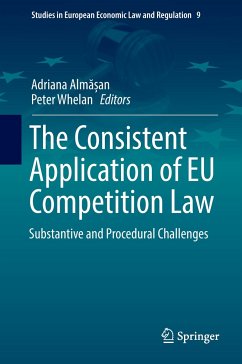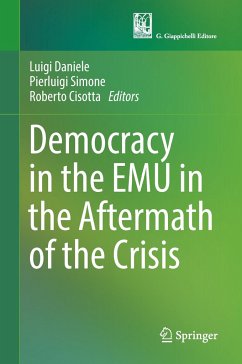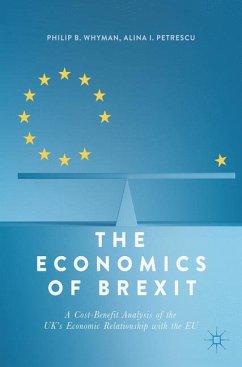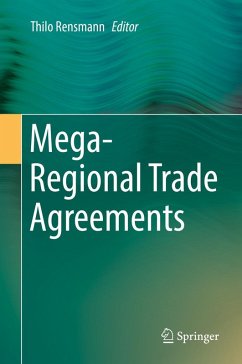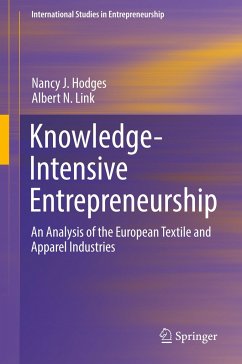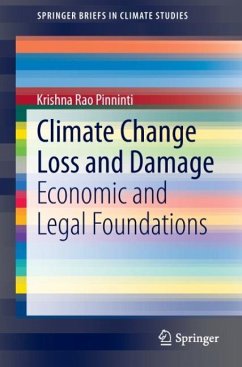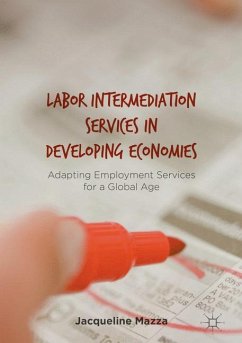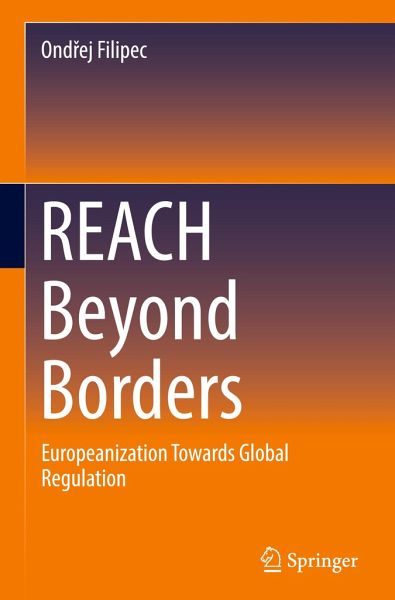
REACH Beyond Borders
Europeanization Towards Global Regulation
Versandkostenfrei!
Versandfertig in 6-10 Tagen
76,99 €
inkl. MwSt.
Weitere Ausgaben:

PAYBACK Punkte
38 °P sammeln!
This book discusses how much other countries reflect the EU chemical regulation REACH (Registration, Evaluation, Authorization, Restriction of Chemicals), in the context of Europeanization theory. The main hypothesis verified in this book is that more trade with the EU means more Europeanization (as the non-EU companies exporting to the EU have an obligation to comply with EU rules according to the "No data, No Market" REACH provision). This book further points out that non-EU companies voluntarily adopt EU standards while this change has yet to be reflected on the policy level in non-EU count...
This book discusses how much other countries reflect the EU chemical regulation REACH (Registration, Evaluation, Authorization, Restriction of Chemicals), in the context of Europeanization theory. The main hypothesis verified in this book is that more trade with the EU means more Europeanization (as the non-EU companies exporting to the EU have an obligation to comply with EU rules according to the "No data, No Market" REACH provision). This book further points out that non-EU companies voluntarily adopt EU standards while this change has yet to be reflected on the policy level in non-EU countries, mainly for economic reasons.Exploring changes in national chemical regulatory policies among top chemical producers around the World brings new ideas into the process of Europeanization behind EU borders and provides useful material for academia, regulatory experts and export oriented chemical industry.



